Historically, the “bad” girls are punished. The rule-breakers have to be bound, put in the stocks, carted off to the asylum, silenced.
The world has not been able to deal with the non-meek, the un-quiet. Which brings me to Naomi Osaka, the highest paid female athlete in the world.
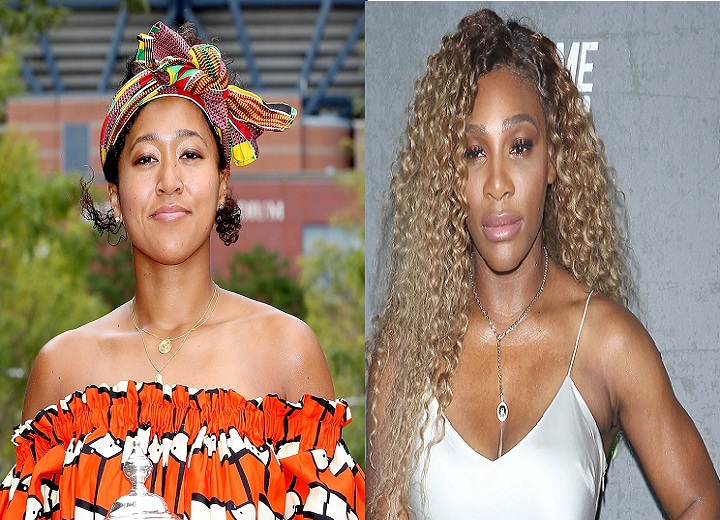
And what, exactly, was the heinous crime? She tried to ring-fence her mental equilibrium by saying she would no longer endure the post-match press conference.
She voiced her vulnerability. Bravely. Honestly. Shortly after her announcement Piers Morgan tweeted: “world sport’s most petulant little madam”.
Here we go again. If women go against the grain – have the courage to be different – the world will find a way to punish them for it.
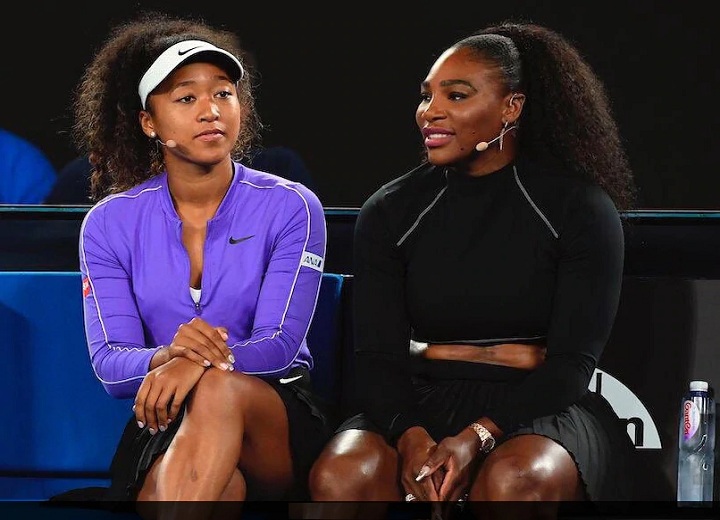
Let us not forget that Piers is a man of such fragile ego he stormed off his own television show a few short months ago. Then we have that titan of courage, French Tennis Federation president Gilles Moretton, who delivered a pre-prepared statement to the press after Osaka’s announcement – and then refused to take questions.
It was an act of near-farcical irony. So, he’s allowed to dodge the heat but Osaka isn’t?
The International Tennis Federation’s initially bullish response to her trauma reminded me that this is a business. A business to have the player appear, post-match, in front of a sponsor’s screen.
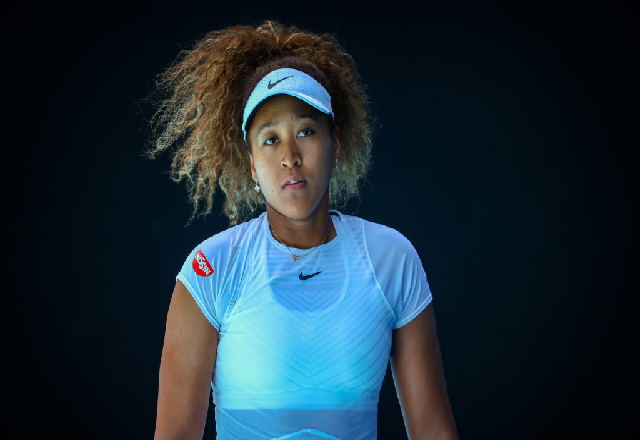
A business to catch sight of the wrist with its big swanky watch. A business to get the television grabs of a player’s vulnerability supplied to broadcasters who’ve paid handsomely for the rights.
To show the drama, the breakdown, the hurt. It’s an arena, a gladiatorial arena, and we all buy into it.
The tennis interview is outdated and boring. I’m here for the tennis, not that. Osaka’s onto something. Surely it’s time to develop a new way of gleaning insights into players’ psyches.
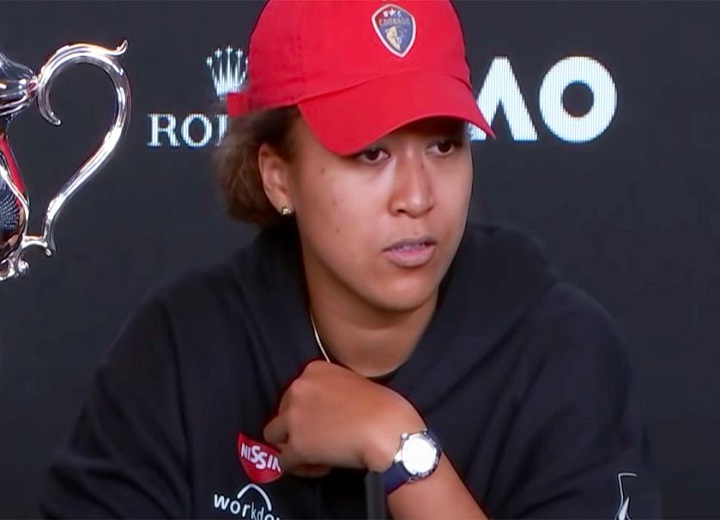
Naomi Osaka interview
Get them to post on social media perhaps, when they’ve collected their thoughts and are in control of their emotions; give them a little dignity.
The tennis journalists’ often inane post-match questions remind me of those singular, all-powerful creatures who inhabit the Hollywood Press Association, who’ve also found a hard spotlight turned upon them for their odd, clubby habits.
English author Matt Haig, who’s been refreshingly open about his own vulnerabilities, said in response to the Osaka situation: “I and other men often get called brave for talking about mental health.
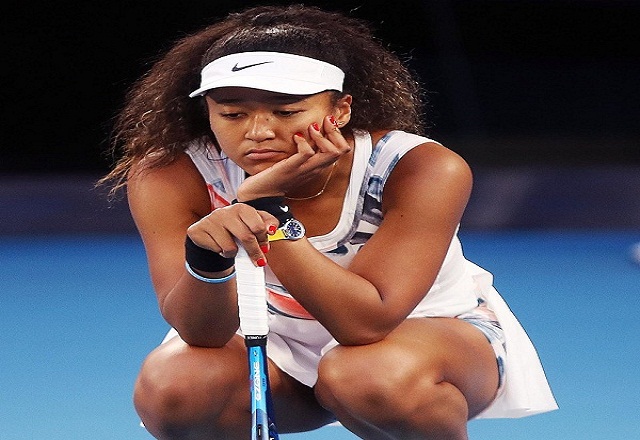
I notice women in the media often get called narcissistic for doing the same thing.” The double standard is abhorrent. Princess Diana, Meghan Markle, Amy Winehouse, Britney Spears, Sinead O’Connor, Charlotte Dawson.
Why do we do this again and again to women in the public eye? Matt Haig again: “The women change, the will to humiliate doesn’t. It is deeply rotten, outdated, and needing change.”
Osaka is obviously an introvert. She cares too much about her sport, and that’s what makes her a great athlete. There is great strength in admitting vulnerability. Honesty takes a lot of courage, it connects. I’m so glad she spoke out.
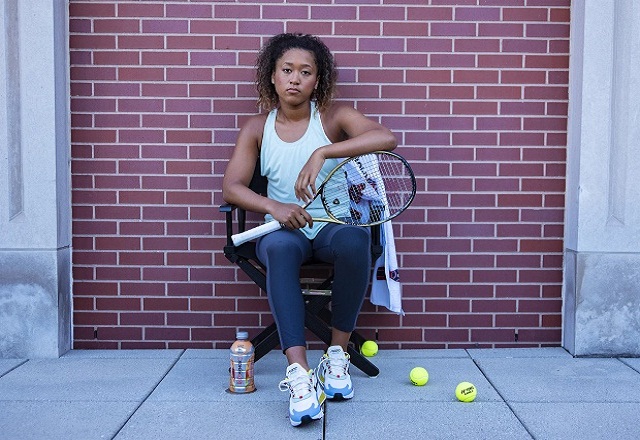
A friend’s 13-year-old daughter articulated her own suicidal thoughts, for the first time ever, after Meghan Markle voiced her vulnerabilities to Oprah Winfrey. These are teaching moments, and they can change lives.
Osaka’s not the only one who suffers in these situations. Gabriela Sabatini said, “When I was younger and thought that I had to talk after winning a tournament, I often lost in the semi-finals so I did not have to! It was that bad. I was very introverted.” Why do we expect our athletes to be public speakers?
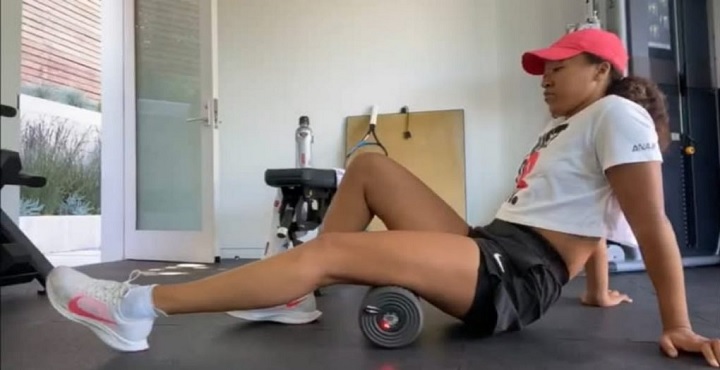
Tennis is a magnificently lonely sport, made even more so during these strange Covid times. With team sports you have other players around you to bear the load of the losses. With this one, you’re alone.
I hope Osaka has a lot of good people around her right now. I salute her courage.